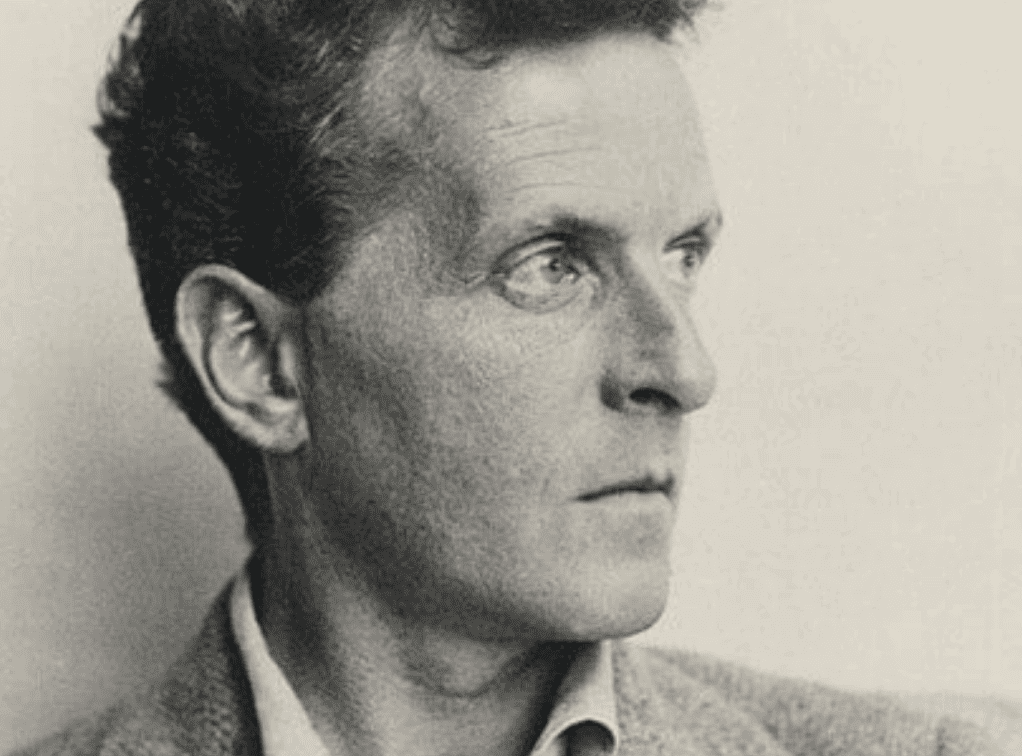Discover the biography of Ludwig Wittgenstein, a Prussian philosopher who distinguished himself by his studies on language, now considered one of the most influential philosophers of the twentieth century, although his thinking has become very important, his personal life is no less important. Impressive The experiences and twists the philosopher has taken, often terrifying, form content necessary to better understand his thinking.
This Viennese philosopher, then nationalized by the British, was also a mathematician, linguist, logician and gardener; he was a disciple of Bertrand Russel at the University of Cambridge, where he was also a professor.
- His great book Tractatus logico-philosophicus had a huge impact; however.
- In his later publications.
- Such as The Blue and Brown Notebooks and Philosophical Investigations.
- Both postestums.
- He harshly criticized his first work.
Wittgenstein was the youngest of nine children, born into one of the richest families in the empire. He grew up in a house that provided him with an exceptionally intense environment for artistic and intellectual achievements. Therefore, the Wittgenstein house attracted educated people, especially musicians. contributed greatly to Ludwig in the development of his musical skills.
“A revolutionary will be the one who manages to revolutionize himself. “- Wittgenstein-
Wittgenstein studied at Linz High School, where at the time he was also studying Adolf Hitler, although this has not been proven, there is a theory that Hitler mentions Wittgenstein in his book Mein Kampf, in particular, he writes about a Jewish boy who could not some hypotheses indicate that this would be the beginning of Hitler’s anti-Semitism.
Although his alma mater has always been philosophy, Wittgenstein began with his studies in aeronautical engineering, even patenting an engine that would later serve as the basis for future helicopter engines, but when he was in England he became interested in the philosophy of mathematics.
His interest in philosophy led him to meet Bertrand Russell, one of the most famous philosophers of the time, who oriented his studies, although the two had a difficult relationship. At the beginning of this relationship, Wittgenstein asked Russell whether he was an idiot or not, because if he were an idiot he would still do what he did, aeronautical engineering, but if he wasn’t, he would devote himself to philosophy, Russell asked him to write something and when he read it he said, “You shouldn’t be engaged in aeronautical engineering. “
After his father’s death, Ludwig Wittgenstein renounced his inheritance and went to live in Norway, where he built a cabin to live in isolation. It was a year before the start of World War I, when he enlisted in Austrian artillery. four years, he was captured by the Italian army. His time in prison lasted a year, and when he was released at the end of the war, he returned to Vienna to complete his thesis with Bertrand Russell.
“The limits of my language are the limits of my world” – Wittgenstein-
The logic of the tractatus Philosophicus was his great work. In it, he explained in detail his world view and the things that exist there, and also analyzed problems of language and logic, and argued that the boundaries of the world are defined by the limits of language.
However, Wittgenstein was highly controversial. They say that after Russell and Moore, two of the most important logics, congratulated him on his work, he patted them on the back saying, “You don’t understand and you don’t understand anything. “His personality remained in time. He even threw a chimney attachment at Karl Popper at a conference.
Later, Ludwig Wittgenstein spent several years teaching in high schools until his retirement from a monastery, where he worked as a gardener. After five years, he became interested in philosophy after meeting Moritz Schlick. As a result, he resumed his work at the Tractatus, which he considered unfinished, began teaching at university and wrote philosophical research.
In Philosophical Investigations, he suggested that philosophy was not a theory, but a constant activity, in addition, he retracted what was written in Tractatus, since it changed his view of the world and exposed new problems with language games. This work would mark the heart of the story. philosophy of language, reaching our days.
Finally, when World War II began, he collaborated as a nurse to try to travel to the Soviet Union with his boyfriend, however, he gave up because he was only allowed to be a teacher and wanted to work with works, then he resigned from his position. his university position, he moved to Ireland, then went to London, where he died of prostate cancer.
As we see in Ludwig Wittgenstein’s biography, he was a controversial character throughout his life, to this day there are discussions about whether he was a genius or a madman, the truth is that his work and his life leave no one indifferent.

